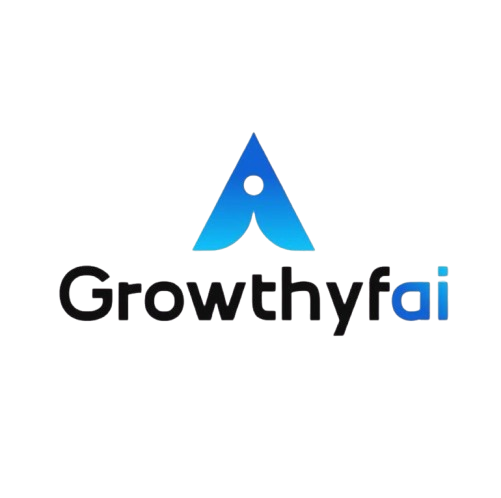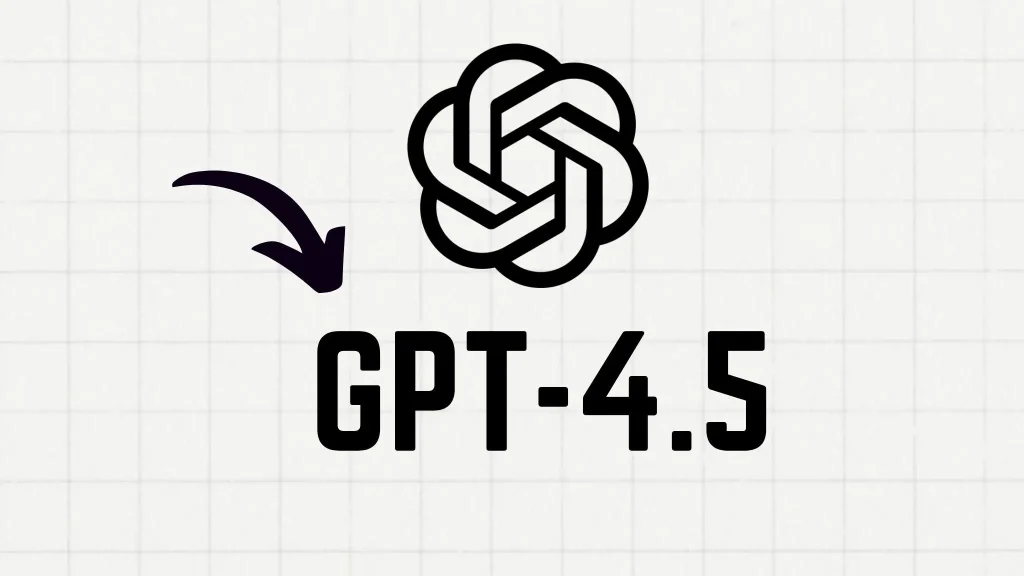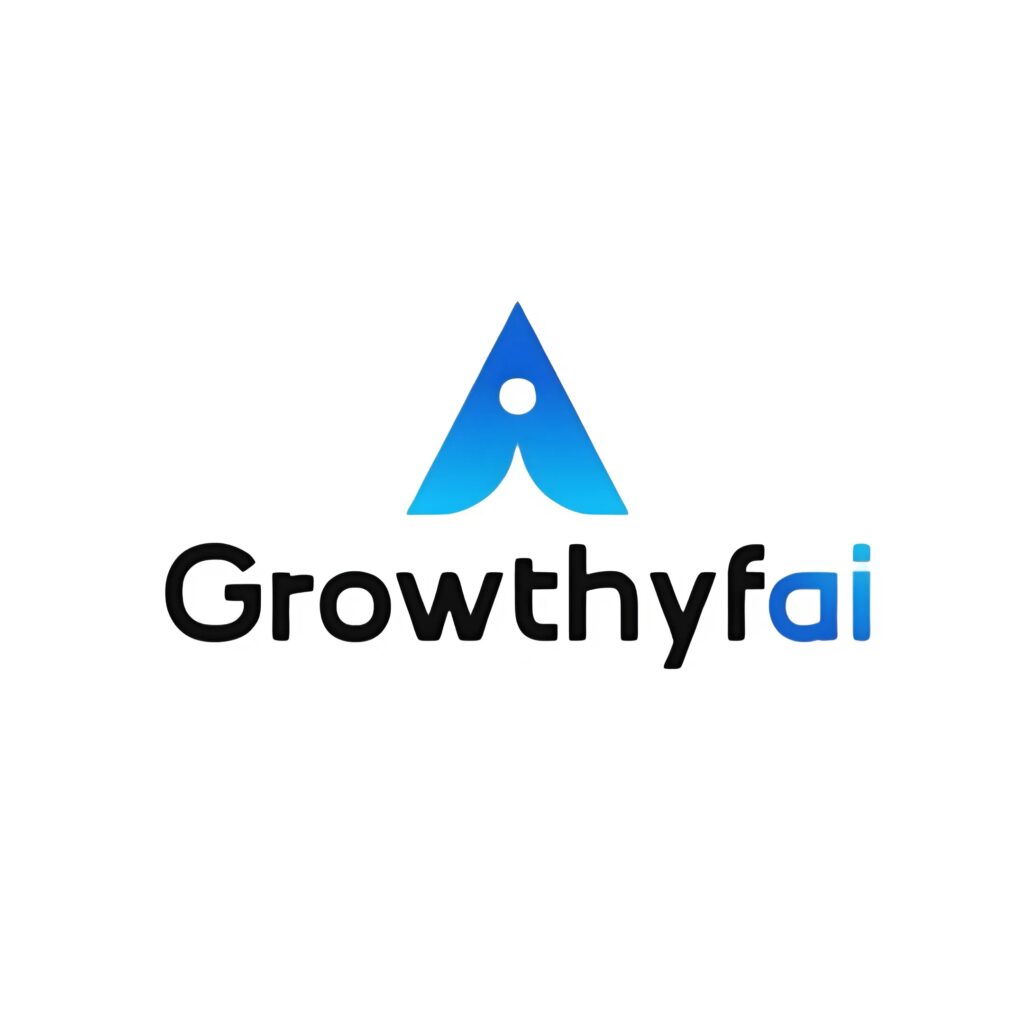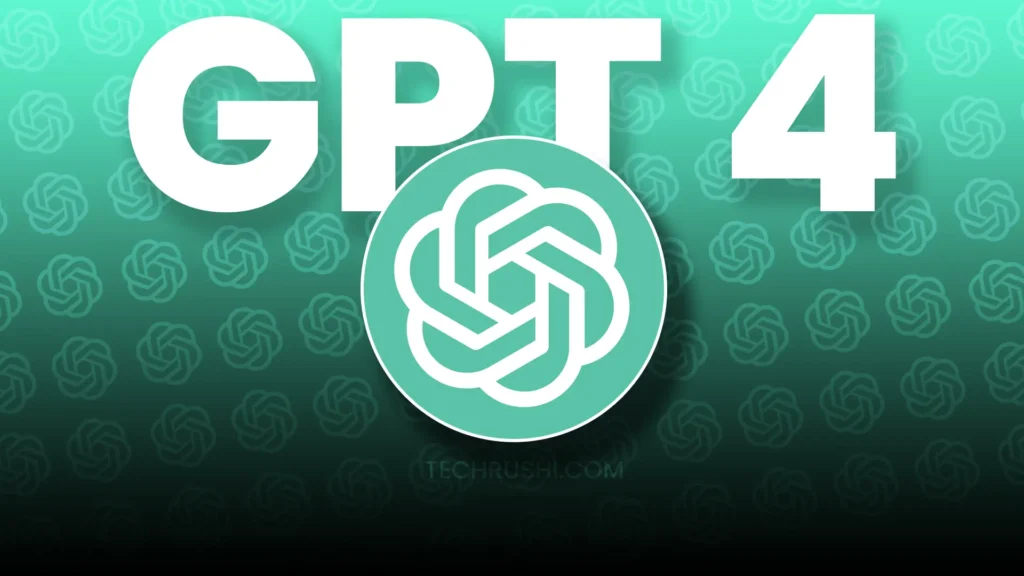Gemini 2.5: Redefining AI with Hybrid Reasoning
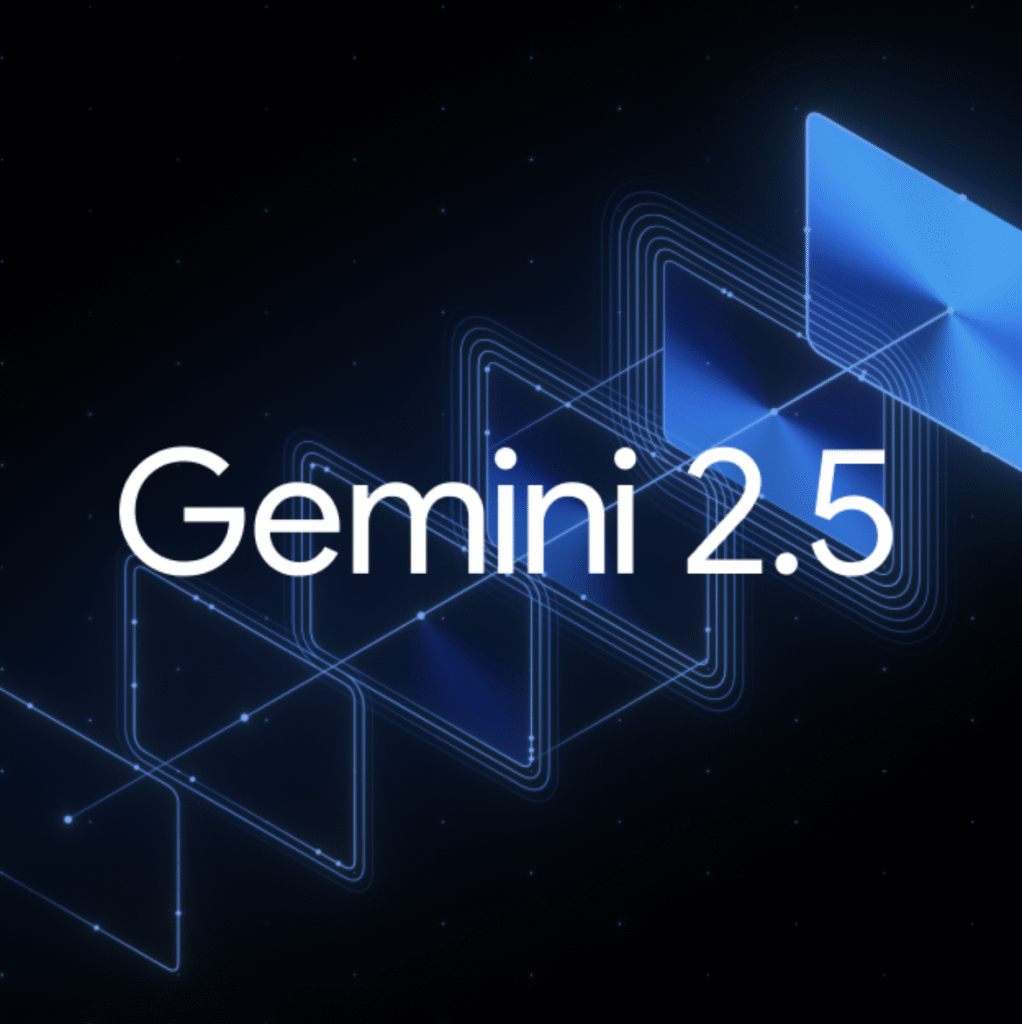
Introduction
Google’s Gemini 2.5, launched in April 2025, marks a leap in AI capabilities with its hybrid reasoning model. This blog delves into its features, applications, and how it’s shaping industries, based on Google DeepMind’s announcements and industry trends.
Core Features
Gemini 2.5 introduces “thinking” as a built-in feature, allowing it to process complex queries by iterating through multiple reasoning steps. Unlike previous models, it can toggle reasoning on or off, optimizing speed for simple tasks or depth for advanced ones. Google’s blog highlights its integration into AI Overviews, used by over a billion people, for enhanced search responses in coding, math, and multimodal queries.
Industry Applications
- Education: Gemini 2.5 powers tools for personalized learning, as showcased at BETT 2025. It tailors content to student needs, improving retention.
- Robotics: Gemini Robotics and Robotics-ER enable robots to interact with physical environments, understanding and reacting to real-world stimuli.
- Scientific Research: DolphinGemma, a variant, aids in decoding dolphin communication, demonstrating AI’s role in interdisciplinary research.
Technical Advancements
The model’s hybrid architecture combines generative and reasoning capabilities, outperforming predecessors like Gemini 2.0 Flash. It supports native image generation and video creation via Veo 2, producing high-resolution eight-second clips from text prompts. Google AI Studio allows developers to experiment with these features, fostering innovation.
Ethical Considerations
Google DeepMind emphasizes responsible AI development, prioritizing safety and collaboration with the AI community. A dedicated framework addresses cybersecurity threats, ensuring robust defenses. The blog underscores the importance of transparency in handling user data, especially with personalization features using search history.
Challenges
While Gemini 2.5 excels, saturated benchmarks limit performance evaluation, as noted in the 2025 AI Index. High computational costs also pose scalability issues for smaller organizations. Google’s $30 million Generative AI Accelerator aims to bridge this gap for nonprofits.
Conclusion
Gemini 2.5 sets a new standard for AI with its versatile reasoning and multimodal capabilities. As it integrates into education, robotics, and research, its ethical deployment will shape its long-term impact.

